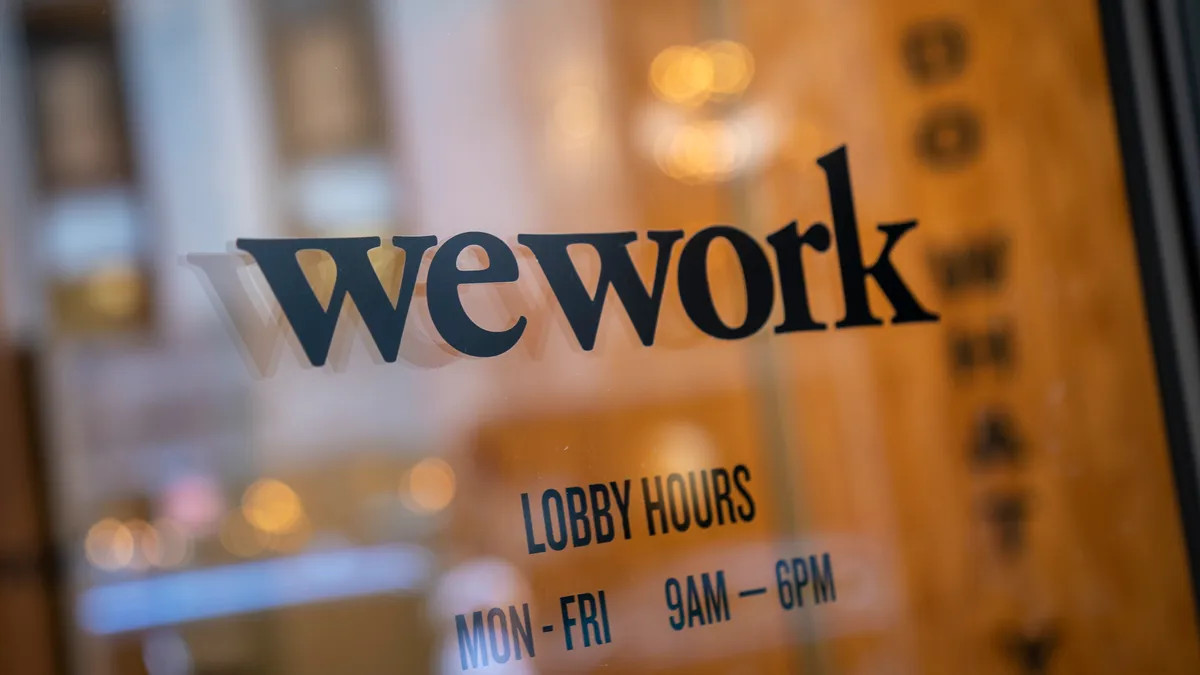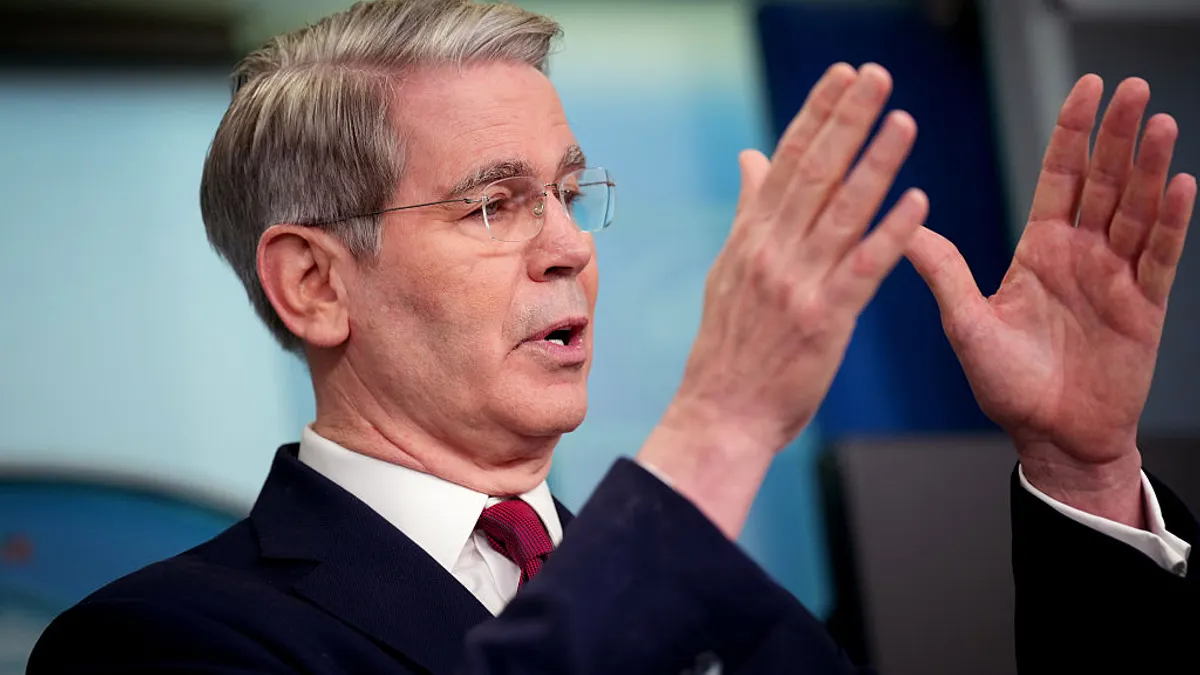When Christian Lee exchanged the CFO seat for a managing director role at WeWork in 2017, he embarked on a challenge that brought together an interest in international development with deal-making skills he honed at media giant Time Warner Cable during its M&A heyday.
WeWork wanted to expand into Asia but had no infrastructure there, so after Lee and his team studied how Starbucks and other companies structured their global expansions, he settled on an approach in which each country would be handled differently.
“In China, we had some investors, had a board and a lot of local real estate partners,” Lee said last week in a CFO Thought Leader podcast. “India was actually set up as more like a joint venture-franchise model, with a very strong partner there where they put in the capital and we brought expertise [for] a management fee. Then Singapore was set up differently.”
WeWork’s troubles in 2019, when it pulled its IPO after investors balked at its almost $50 billion valuation, cast a pall on the one-time high-flying company but for Lee, his two years in Asia gave him a chance to execute a global strategy, something he had left the business world a few years earlier to do by getting his MBA and restarting his career.
“For me, it was, do I want to do international development?” he said of his two years at Columbia, after a four-year stint as an M&A director at Time Warner.
His MBA work led to a brief project in Afghanistan but after working and talking with people from the United Nations, World Bank and people on the ground in developing countries trying to get projects completed, he reconnected with Time Warner colleagues to head up M&A for Time Warner Cable.
“Most of [the people doing international development] were frustrated,” he said. “Politics and the way it worked just made it difficult to actually get things done. I wasn’t sure I could take a 30-year view to get one small thing done.”
Cable spinoff
One of the first deals he helped shape in his return to Time Warner was the spin-off of its cable company, just as the global financial meltdown was making headlines.
“We were valued at $47 billion, $18 billion of that as a massive dividend to the parent in March 2009,” he said. “The world was cratering around us and we had a huge increase in leverage. How do we now survive as a newly public company with lots of debt?”
At WeWork, which he joined as CFO in 2015, he found a company high on ambition but lagging in its financial systems, forcing him to set aside his 12 years of experience in deal-making at Time Warner and Time Warner Cable to focus on the kinds of basic systems-building he never had to think about before.
“My first year there was really building out systems,” he said. “It didn’t have an accounts receivable or accounts payable function, treasury management system, so I had to lean into these things.”
Logistics focus
Since the start of this year, Lee has been CFO of Transfix, a digital platform that uses data analytics to connect shippers like Costco to transportation companies in a way that tries to wring out the inefficiencies that have long plagued the transportation brokerage industry.
“In the U.S., you have millions of shipments a year,” he said. “You have 3.5 million trucks, half a million trucking companies, and the rise of truck brokers in the 1980s [following federal de-regulation efforts]. We use data science to match needs in real time, transparently, instead of relying on phone calls and pieces of paper.”
Lee made the jump to Transfix after his stints at some of the country’s most well-known companies on the strength of its business model and its people, he said.
“It’s an interesting opportunity to solve right now,” he said. “It represents the other side of the coin of e-shopping. You had all this innovation on the consumer side and not as much on the other side — how this stuff moves around.”
In contrast to WeWork, Transfix had well developed systems, enabling him to focus on building out the teams that will help the company execute on its growth strategy.
“When the prior CFO left, the chief technology officer and co-founder stepped in as interim CFO, which you would normally think, ‘Wow, that doesn’t make a lot of sense,” he said. “But when I spent time understanding it, it actually made a lot of sense. Because you really had someone who understood systems and processes, had built the core technology engine of what drives the business, and one of the issues you see all the time at startups and fast-growth businesses is your core operations system doesn’t tie into your financial system, and that’s not tying into your reporting system. He had a great controller, so the numbers were always okay. He spent nine months making sure those systems talked to each other and were running in an operationally efficient way, which is huge.”
Complementary skills
His first hires included a replacement for the controller, who had previously announced plans to leave, and someone to fill a new position, a head of financial operations, whose job is to build on the systems in place to further integrate them and improve the data they generate.
These and other hires are intended to build out a team whose complementary skills can enable him to focus on the company’s strategic growth plan.
“What do I need to put around me?” he said. “What smart people can I get into the room so I can say, ‘I may not know this as well, but you spent 15-20 years building NetSuite integrations with these five other systems, so how can we get the most out of that?’”
One of his immediate priorities is getting alignment on the data the company generates. It’s a characteristic of non-GAAP metrics that people read different things into the numbers.
“We all have the same data but what we call net sales or churn is defined differently in different parts of the organization,” he said. “So, how do we tie these definitions together?”
He looks closely at what he calls cohort retention, an assessment of how well the company’s enterprise subscribers — shippers that do $1 billion or more in shipments — are growing their use of the platform, and what he calls lane economics. That looks at growth in well-traveled transportation lanes, like Los Angeles to New York. The more traffic flows through these lanes, the more cost-efficient and profitable they become.
“You need enough shipment volume from a lane in your system to make it worthwhile for carriers to know you and consistently work with you,” he said. “Then you need enough carriers to make it worthwhile to the shippers to know that I can [have it] delivered reliably.”
The company has raised about $150 million in four rounds of capital raises, a small amount compared to the billions in valuation he’s used to. But the opportunity in the space is wide open.
“My background just made a lot of sense,” he said, “the last missing piece of what they needed on the management team. So, everything is lined up: great opportunity, great team.”





















